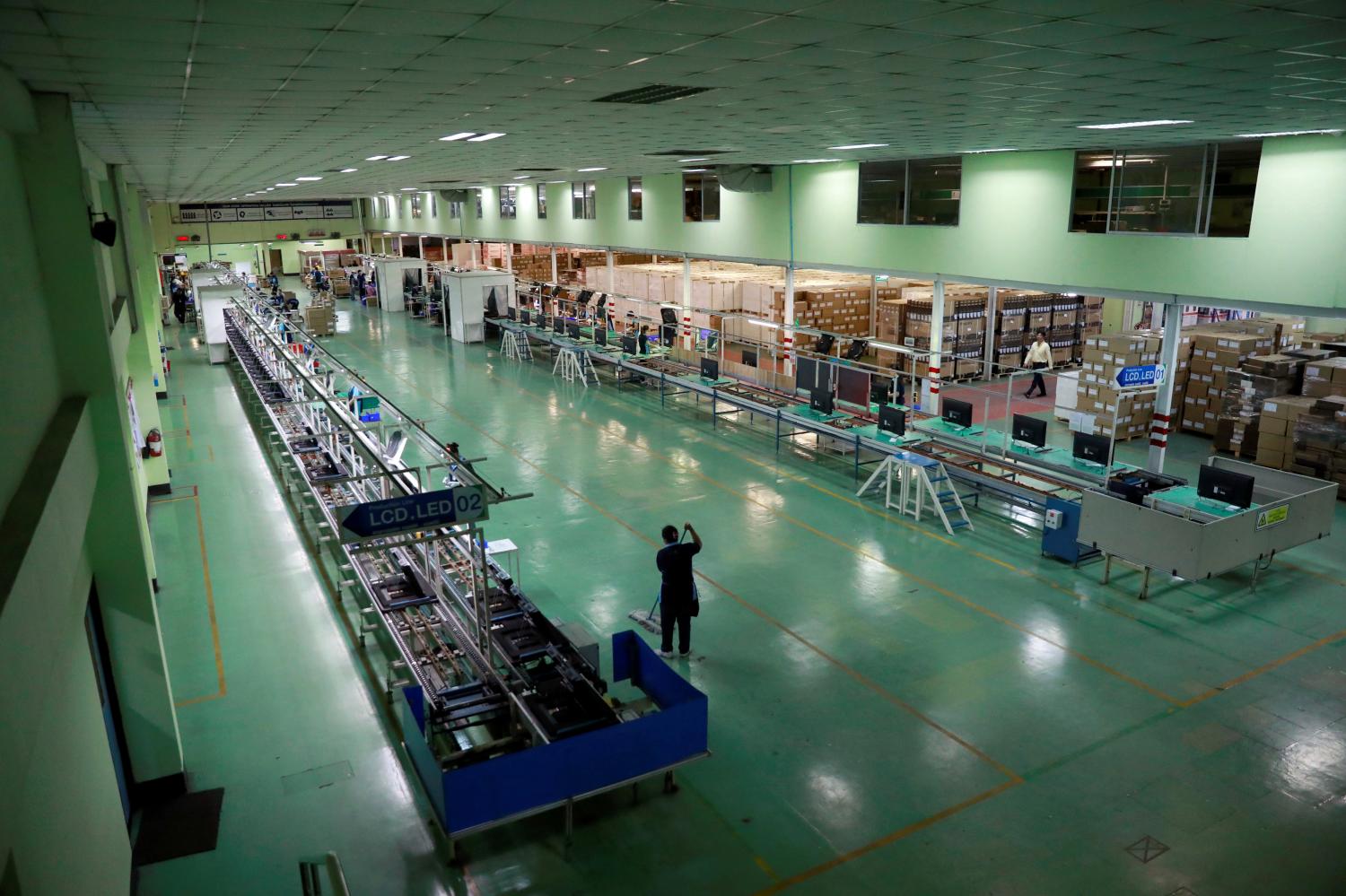
The Office of Industrial Economics (OIE) has downgraded Thailand's manufacturing production index (MPI) for 2020 to a record low of negative 6-7%, with industrial GDP contracting 5.5-6.5%.
The drop is a result of the pandemic, the global economic slowdown, the declining export sector, weak domestic purchasing power and droughts.
Thongchai Chawalitpichaet, director-general of the OIE, said the outbreak is not likely to end anytime soon and will continue to negatively affect the economy.
"This crisis has severely affected Thailand's industry, businesses and people," he said. "The government will continue to closely monitor the situation."
Earlier this year, OIE projected Thailand's MPI index would grow 2-3% and industrial GDP would gain 1.5-2.5%.
The capacity utilisation rate was 67.2% in March, decreasing from the same period last year at 73.9%.
The OIE believes the government is addressing the outbreak in Thailand and the domestic economy will recover soon.
In the first quarter of 2020 capacity utilisation was 66.7%, dropping from the same period last year at 71.3%.
OIE said the MPI in March decreased by 11.3% year-on-year to 102.79 points, but the MPI in March increased by 1.87% from February thanks to the export sector recovering because of demand growth for hard disk drives increasing 10.2% year-on-year. This gain was attributed to many offices around the world implementing a work from home policy.
The air conditioner and parts sector increased 4.25% year-on-year, medicines jumped 8.7% and frozen seafood gained 9.75%.
"Foreign demand for food and processed products such as ready-to-eat meals continues to grow," said Mr Thongchai. "Thailand's food export sector in March expanded by 0.8%, the first time in eight months."
The drought shrank the sugar cane industry by 68.9% year-on-year.
The global spread of the virus has hit the automotive industry and related industries particularly hard and they have decreased 24.6% overall.
The petroleum industry shrunk by 8.86% because of the drastic reduction in air and land travel.
The office suggests the government help small and medium-sized enterprises access soft loans.